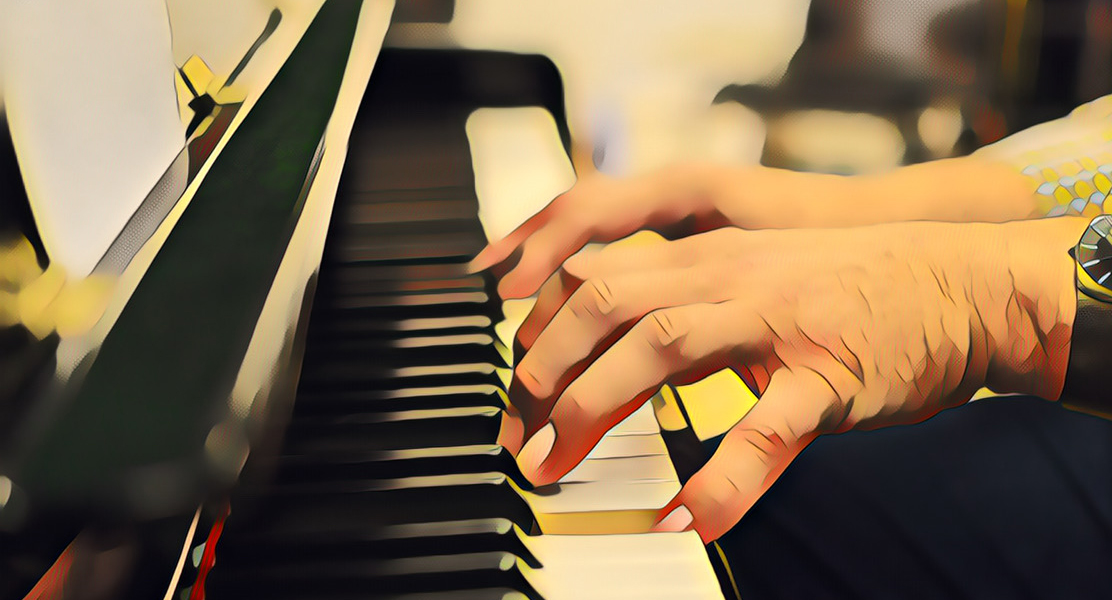U.S. Supreme Court halts some California worship restrictions, leaves others in place for now

On Friday night, a fractured U.S. Supreme Court granted in part an emergency petition filed by South Bay United Pentecostal Church, which sought an injunction to stop California’s restrictions (designed to limit the spread of the coronavirus) on in-person worship services. By a 6-3 vote, a majority of justices agreed to halt the state’s total ban on indoor services in extremely high infection areas, but the Court left in place percentage-based capacity restrictions and the state’s ban on singing and chanting during indoor activities, which applies also to worship services.
In a concurring opinion, Chief Justice John Roberts once again (as in the last case brought by South Bay) explained the importance of deferring to public health professionals, but he found the total ban to be a bridge too far:
The State has concluded, for example, that singing indoors poses a heightened risk of transmitting COVID–19. I see no basis in this record for overriding that aspect of the state public health framework. At the same time, the State’s present determination—that the maximum number of adherents who can safely worship in the most cavernous cathedral is zero—appears to reflect not expertise or discretion, but instead insufficient appreciation or consideration of the interests at stake.
Justices Amy Barrett and Brett Kavanaugh agreed with Roberts that the church failed to demonstrate in the record that the prohibition on singing and chanting is discriminatory against religion.
Justice Samuel Alito would have given the state 30 days to demonstrate that “nothing short” of the singing ban and the capacity restrictions “will reduce the community spread of COVID–19 at indoor religious gatherings to the same extent as do the restrictions the State enforces with respect to other activities it classifies as essential.”
Justices Clarence Thomas and Neil Gorsuch would have granted all the relief South Bay requested and lifted all of the worship restrictions in question.
In dissent, Justice Elena Kagan, joined by Justices Sonia Sotomayor and Stephen Breyer, warned against discounting the opinion of experts:
To state the obvious, judges do not know what scientists and public health experts do. I am sure that, in deciding this case, every Justice carefully examined the briefs and read the decisions below. But I cannot imagine that any of us delved into the scientific research on how COVID spreads, or studied the strategies for containing it. So it is alarming that the Court second-guesses the judgments of expert officials, and displaces their conclusions with its own. In the worst public health crisis in a century, this foray into armchair epidemiology cannot end well.
The Court’s ruling aligns with their November 2020 ruling, which lifted New York’s cap on worship attendance in high infection zones regardless of the size of the facility. This case is the first to address the prickly question of whether states can prohibit singing and chanting in worship services in light of evidence that such activities can exacerbate the spread of the disease. Seven of the nine justices declined South Bay’s request to enjoin that restriction.




